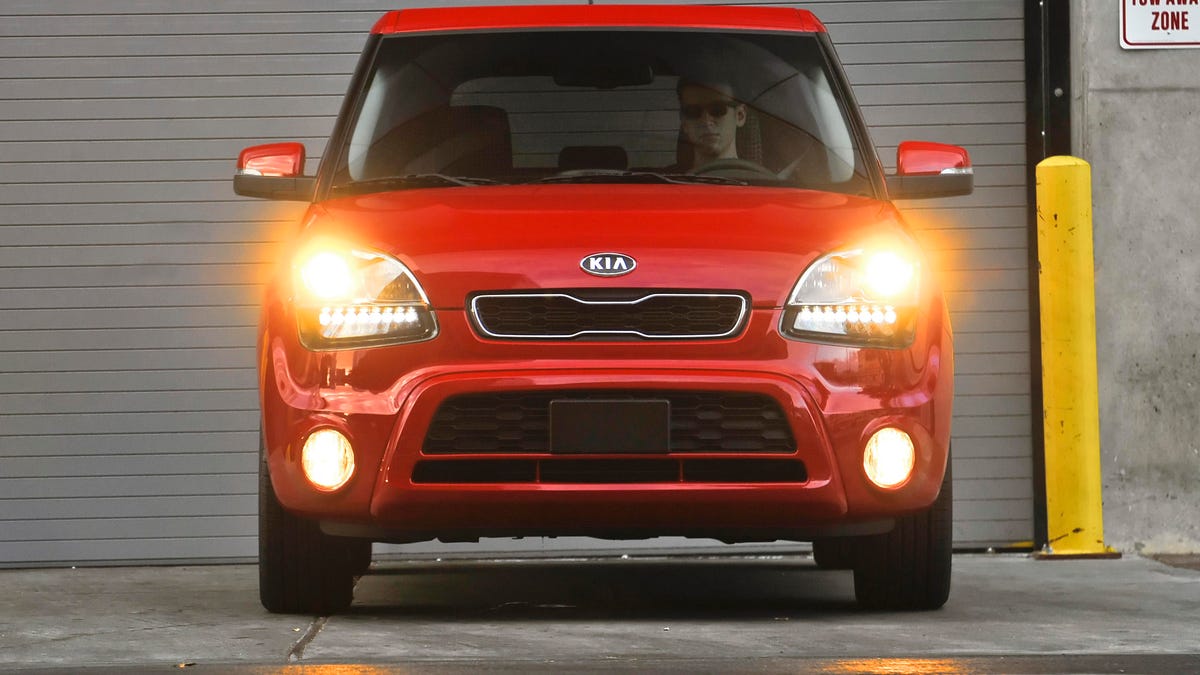US Senate committee invites Hyundai, Kia to talk about engine fire reports
The Senate Commerce Committee plans to meet Nov. 14 to discuss this matter.

Last week, the Center for Auto Safety blasted Kia and Hyundai for a claimed lack of recall action over reports of vehicle fires. Now, the pressure is sure to ramp up as the federal government gets involved.
The Senate Commerce Committee has asked US executives from Hyundai and its sister company Kia to appear before the Committee, Reuters reports. The invitation is in regards to reports of engine fires in some of its vehicles and how Kia and Hyundai have handled these reports and certain recalls over the last few years.
The Center for Auto Safety is pushing for Hyundai and Kia to recall approximately 3 million vehicles spanning the 2010-2015 model years. This includes popular models like the Hyundai Sonata , Hyundai Santa Fe , Kia Sorento and Kia Soul . The Center claims it has received more than 200 owner complaints of vehicle fires, 103 of which were filed in the second half of 2018 alone.
The Sonata is one of a few Hyundai models with its Theta II engine, which is also shared with its sister automaker Kia.
The first recall in this series came in 2015, when Hyundai recalled 470,000 examples of the 2011-2012 Sonata sedan because manufacturing debris may cause some engines (internally designated Theta II) to seize, inadvertently stalling the vehicle. Kia didn't recall any vehicles with Theta II engines at that time.
Following that recall, a whistleblower flew to Washington from South Korea to tell the government that Hyundai did not recall as many vehicles as it should have. It took until March 2017 for Hyundai to expand its recall and cover an additional 572,000 vehicles. Kia finally issued its own recall around that time, as well, covering some 600,000 vehicles.
The delay between the first and second round of recalls led to a National Highway Traffic Safety Administration investigation last May over concerns that the automakers could have sped this process up. NHTSA said later that year that the fire reports sent to the Center for Auto Safety could possibly be related to the engine failures at the heart of the recalls, according to Reuters. That's why the Center wants Hyundai and Kia to recall far more vehicles than they already have.
It appears that both automakers are interested in helping the Committee. "Kia will continue to voluntarily cooperate with the Committee ... and is in the process of responding to its recent inquiries regarding vehicle fires," Kia said in an emailed statement. Hyundai did not immediately reply to Roadshow's request for comment, but told Reuters that it's "currently reviewing" the Committee's request to appear.
2019 Hyundai Kona Electric: It's more than just a compliance car.
2019 Hyundai Nexo: Hydrogen has a place in Hyundai's electric future.

